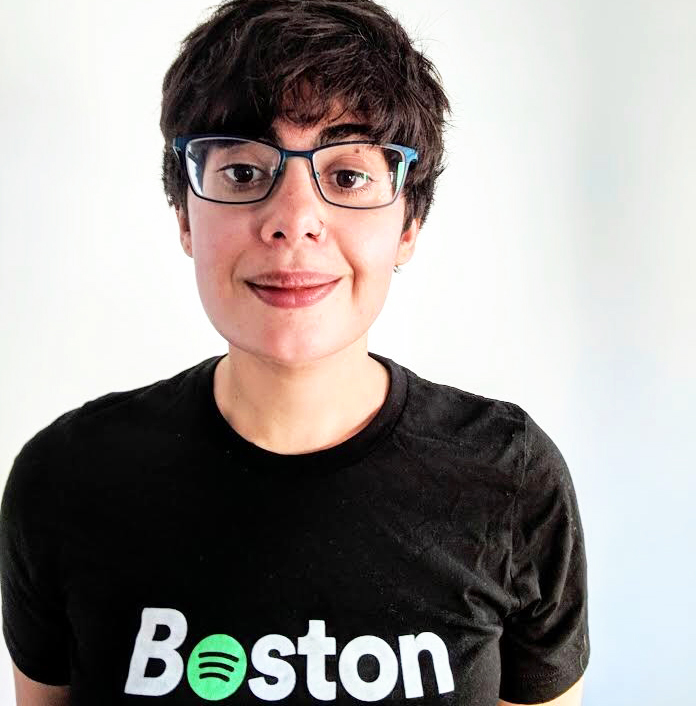What do Syntax, Songs, and Spotify Have in Common?
-
-
slice.mit.edu
- 2
Filed Under
People don’t always say what they mean, or mean what they say. So imagine the problem this poses for voice assistants like Siri, or Alexa, or Google Assistant when you ask them to “play great new music.” Decoding these mysteries is the work of smart speakers and artificial intelligence, and who better to lend a hand than a linguistics PhD like Ruth Jeannine Brillman PhD ’17?
“Alexa, Siri, are all about understanding how to represent language as a structured system,” says Brillman, who studies music discovery, particularly how people ask to listen to music on voice systems. When she first started her career, Brillman never imagined she would be working as a research scientist at Spotify, a digital music, podcast, and streaming service company. While completing her undergrad degree at NYU, Brillman planned a journalism career but with her love for numbers, she found linguistics to be a great combination of language and math.
While earning her PhD at MIT, Brillman’s focus turned more technical. “Software companies and linguists look at language in very different ways. You need people with a computer science background to design and program these platforms, but you also need people who understand how to treat the more nuanced components of language so you can really understand what the user is asking for and deliver the correct responses.”
Over time, she started taking more computer science and artificial intelligence classes and completed a few technical-language internships. “I started to realize that there were a lot of software companies working on how to model human language,” says Brillman. After an internship working on Alexa with Amazon, Brillman realized how valuable it was to have people with a linguistics background working on voice commands. “My favorite part of the work I did at Amazon was looking at the ways that people talk to voice assistants about music, and I was thrilled to find a job that centered around that issue.”
The unique anomalies within the English language can often pose a problem for voice systems, says Brillman. “We make a playlist for users called ‘Your Discover Weekly,’ but users call it ‘My Discover Weekly.’ How do you teach a system that those two names refer to the same thing?”
At Spotify, Brillman is using her expertise and her background working on Alexa to help with how to return voice commands when users talk to Spotify through a smart device like Google Home and Alexa. “We have to figure out a way to return a different correct answer for all difference requests,” says Brillman, who applies her understanding of the complexities of the English language to help create the code that produces those responses.
Brillman’s relationship with Spotify extends beyond her work, having used their music curation for both her mom’s recent wedding and her own wedding reception last July. “Working at Spotify is great—the people who use Spotify really love it—you normally don’t find people that are apathetic about it,” says Brillman. And, yes, when you work at Spotify you listen to a lot of great new music every day.









Comments
Thomas Knatt
Sat, 03/24/2018 8:01pm
Meaning/semantics of spoken language
"Is that PERmitted?" asks whether a permit has been issued. Is that (perMITTed? " asks whether an action is allowed. How do you handle the difference? Thomas
Thomas Knatt
Sat, 03/24/2018 8:03pm
Meaning/semantics of spoken language
"Is that PERmitted?" asks whether a permit has been issued. Is that (perMITTed? " asks whether an action is allowed. How do you handle the difference? Thomas luthiers@alum.mit.edu